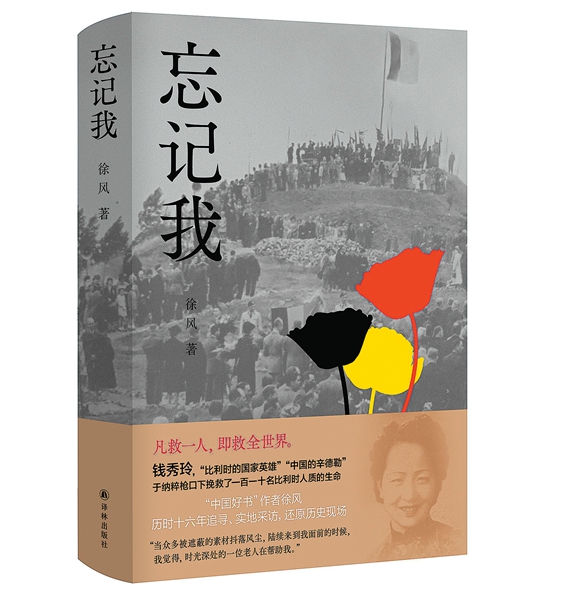The Chinese 'Schindler'


In the court, Qian showed the judge a joint letter of beneficiaries and invited many of those rescued to testify. She also held a news conference, explaining his role in saving the prisoners and published an article in the Belgian newspaper La Derniere Heure to rally public support for him.
"When I wrote this book, it was the light of humanity that I was concerned about," Xu says. "No matter how cruel war is, humanity never dies, and can sometimes even be more prominent in such extreme circumstances."
Through telling the story of Qian's heroics, Xu portrays Qian, the general and her cousin, three characters of different races, nationalities and social status during the war. "Both the salvation offered by Qian and the assistance given by the general transcended ethnic beliefs and international boundaries," says the author.
As well as the story of Qian's rescue efforts, the book also tells her love story and that of her life studying abroad.
"The charm of the book lies in depicting how culture influences someone's life and how personal destiny manifests in war," commented literary critic Wang Zheng after attending the book launch held in Yixing on April 22.
This year marks the 50th anniversary of the establishment of diplomatic ties between China and Belgium, according to Wei Wei, the book's editor from Yilin Press. "The publication of Forget Me is a commemoration of Qian Xiuling, a tribute to the friendship between the people of China and Belgium, and also the encouragement of a community with a shared future for mankind and international humanitarianism," Wei says.





































